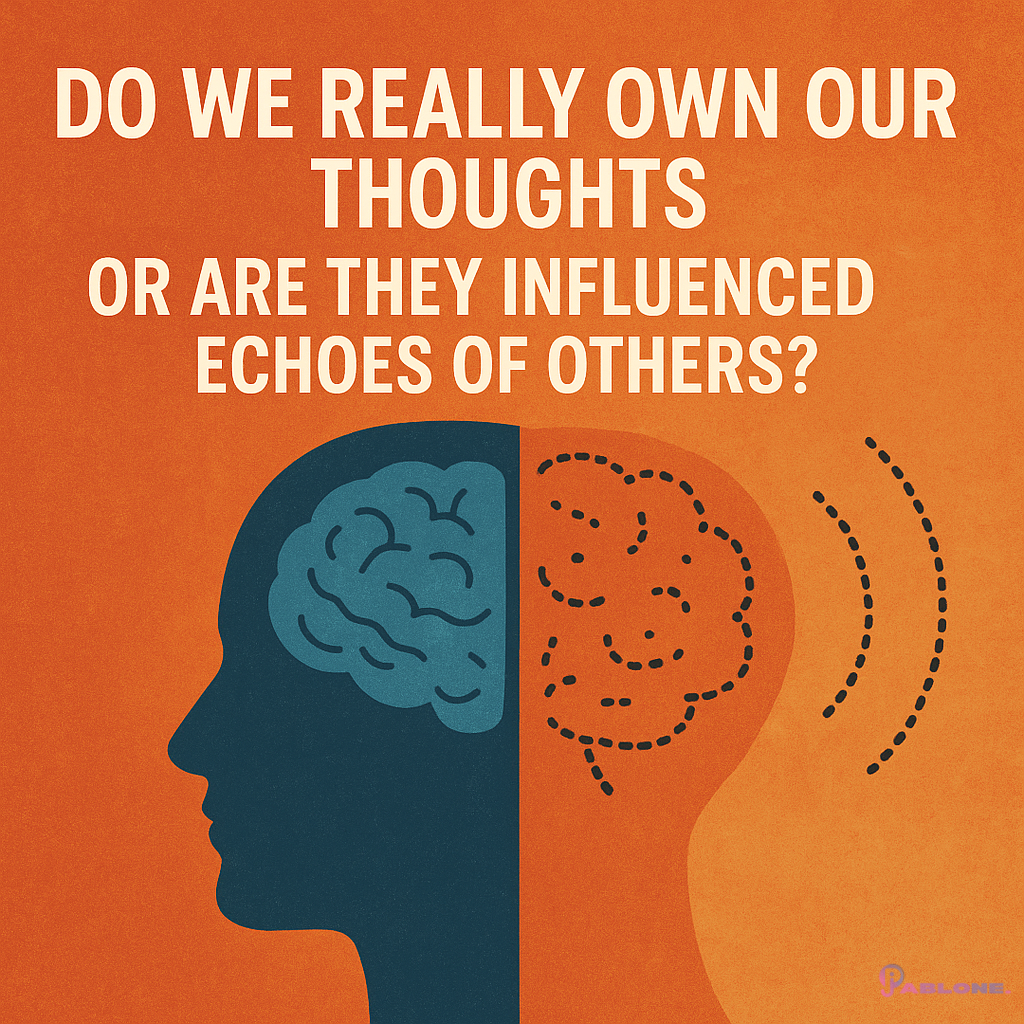Introduction
In the rapidly evolving landscape of the 21st century, the concept of smart cities has emerged as a transformative solution to the complex challenges faced by urban areas. Smart cities leverage advanced technologies, data analytics, and innovative practices to enhance the quality of life, optimize resource management, and foster sustainable development. This blog delves into the rise of smart cities, exploring their defining characteristics, the technologies that power them, the benefits they offer, and the challenges they face.
Defining Smart Cities
Smart cities are urban environments that utilize digital technologies and data-driven solutions to improve the efficiency of urban services and infrastructure. These cities integrate information and communication technologies (ICT) across various sectors, including transportation, energy, healthcare, public safety, and environmental management. The goal is to create interconnected systems that enhance urban living, promote sustainability, and ensure resilience against future challenges.
Key Characteristics of Smart Cities
Interconnected Infrastructure: Smart cities rely on an interconnected network of sensors, devices, and data platforms that enable real-time monitoring and management of urban systems. This infrastructure supports seamless communication between different city components, facilitating efficient service delivery and rapid response to issues.
Data-Driven Decision Making: The backbone of smart cities is the vast amount of data generated by various sources, such as IoT devices, social media, and public records. This data is analyzed to gain insights into urban patterns, predict future trends, and inform policy decisions.
Sustainability and Resilience: Smart cities prioritize sustainability by promoting energy efficiency, reducing carbon emissions, and conserving resources. They also focus on building resilience against environmental, economic, and social disruptions through proactive planning and adaptive technologies.
Citizen-Centric Services: A hallmark of smart cities is their emphasis on citizen engagement and participation. By providing digital platforms for feedback and collaboration, these cities empower residents to actively contribute to urban development and decision-making processes.
Innovative Governance: Smart cities adopt flexible and adaptive governance models that leverage technology to streamline administrative processes, enhance transparency, and improve public services. This includes the use of e-governance platforms, blockchain for secure transactions, and AI-driven administrative tools.
Technologies Powering Smart Cities
The rise of smart cities is driven by a confluence of advanced technologies that work in tandem to create a more efficient, sustainable, and livable urban environment.
Internet of Things (IoT)
IoT forms the backbone of smart cities by connecting a multitude of devices and sensors that collect and transmit data. These devices monitor everything from air quality and traffic flow to energy consumption and public safety. The data collected by IoT devices is used to optimize city operations, enhance service delivery, and improve the overall quality of life for residents.
Artificial Intelligence (AI) and Machine Learning
AI and machine learning algorithms analyze the vast amounts of data generated by IoT devices and other sources. These technologies provide valuable insights into urban trends, predict future scenarios, and automate decision-making processes. For example, AI can optimize traffic management systems to reduce congestion, predict maintenance needs for infrastructure, and personalize public services based on individual needs.
Big Data Analytics
Big data analytics plays a crucial role in smart cities by processing and interpreting the massive volumes of data generated daily. Advanced analytics tools identify patterns, correlations, and anomalies that inform strategic planning and operational efficiency. For instance, big data can be used to track and mitigate environmental pollution, enhance public health initiatives, and improve emergency response strategies.
5G Connectivity
The deployment of 5G networks is a game-changer for smart cities, providing the high-speed, low-latency connectivity required for real-time data transmission and communication. 5G supports the proliferation of IoT devices, enables smart transportation systems, and enhances the delivery of digital services. The increased bandwidth and reliability of 5G also facilitate advancements in telemedicine, remote education, and augmented reality applications.
Blockchain Technology
Blockchain technology offers a secure and transparent way to manage transactions and data in smart cities. It can be used for various applications, including secure identity management, transparent voting systems, and efficient supply chain tracking. Blockchain’s decentralized nature ensures data integrity and reduces the risk of fraud, making it an essential tool for smart city governance.
Renewable Energy Technologies
Sustainable energy solutions are integral to smart cities, which aim to reduce their carbon footprint and promote environmental stewardship. Renewable energy technologies such as solar panels, wind turbines, and energy storage systems are increasingly integrated into urban infrastructure. Smart grids, powered by AI and IoT, enable efficient energy distribution, demand response, and integration of renewable sources.
Benefits of Smart Cities
The adoption of smart city technologies and practices offers numerous benefits that enhance urban living, drive economic growth, and promote sustainability.
Improved Quality of Life
Smart cities enhance the quality of life for residents by providing efficient public services, reducing pollution, and ensuring safety and security. Smart healthcare systems offer telemedicine and remote monitoring, improving access to medical services. Intelligent transportation systems reduce commute times, decrease traffic congestion, and promote the use of public transportation.
Enhanced Economic Opportunities
The digital infrastructure of smart cities fosters innovation and entrepreneurship, attracting businesses and investment. By creating a conducive environment for tech startups and research institutions, smart cities become hubs of economic activity and job creation. Additionally, the efficient management of resources and infrastructure reduces operational costs for businesses and municipalities.
Environmental Sustainability
Smart cities are committed to reducing their environmental impact through sustainable practices and technologies. Smart grids, energy-efficient buildings, and waste management systems contribute to lower carbon emissions and resource conservation. Urban planning in smart cities emphasizes green spaces, sustainable transportation, and resilience to climate change.
Increased Efficiency and Cost Savings
The integration of ICT in urban management leads to significant cost savings and operational efficiencies. Real-time data allows for proactive maintenance of infrastructure, reducing downtime and repair costs. Automated systems streamline administrative processes, reducing the need for manual intervention and minimizing human error.
Citizen Engagement and Empowerment
Smart cities prioritize citizen engagement through digital platforms that facilitate communication, collaboration, and participation. Residents can provide feedback, report issues, and contribute to decision-making processes, fostering a sense of ownership and community. This participatory approach enhances trust in government and strengthens social cohesion.
Challenges Facing Smart Cities
Despite the numerous advantages, the development and implementation of smart cities face several challenges that need to be addressed to realize their full potential.
Data Privacy and Security
The vast amounts of data collected in smart cities raise significant concerns about privacy and security. Protecting sensitive information from cyber threats and ensuring data privacy for residents are critical issues. Robust cybersecurity measures, data encryption, and strict privacy regulations are essential to mitigate these risks.
Digital Divide
The digital divide remains a significant challenge, as not all residents have equal access to digital technologies and services. Ensuring inclusivity and equity in smart city initiatives is crucial to prevent marginalization and ensure that all citizens benefit from technological advancements. This requires targeted efforts to provide affordable internet access, digital literacy programs, and inclusive service delivery.
Interoperability and Standardization
The integration of diverse technologies and systems in smart cities requires interoperability and standardization. Lack of common standards and protocols can hinder the seamless functioning of interconnected systems. Developing and adopting global standards for smart city technologies is essential to ensure compatibility and scalability.
Financial Constraints
Implementing smart city initiatives requires substantial financial investment, which can be a significant barrier for many cities. Public-private partnerships, innovative financing models, and government grants are essential to mobilize the necessary resources. Additionally, demonstrating the long-term cost savings and benefits of smart city projects can attract investment and funding.
Governance and Regulation
The rapid pace of technological advancement poses challenges for governance and regulation. Policymakers need to develop adaptive and forward-looking regulatory frameworks that support innovation while addressing ethical, legal, and social implications. Collaboration between government, industry, and academia is crucial to navigate the complexities of smart city governance.
Resistance to Change
The transition to smart cities requires a cultural shift and acceptance of new technologies and practices. Resistance to change from stakeholders, including residents, businesses, and government agencies, can impede progress. Effective communication, stakeholder engagement, and change management strategies are essential to overcome resistance and build consensus.
Case Studies of Leading Smart Cities
Several cities around the world have emerged as pioneers in the smart city movement, demonstrating innovative approaches and successful implementation of smart technologies.
Barcelona, Spain
Barcelona is renowned for its comprehensive smart city strategy that integrates digital technologies across various urban services. The city has implemented a wide range of smart initiatives, including smart lighting, waste management, and transportation systems. Barcelona’s “City OS” platform serves as a central data repository, facilitating real-time monitoring and management of city operations. The city’s commitment to sustainability is evident in its extensive network of green spaces, energy-efficient buildings, and renewable energy projects.
Singapore
Singapore is a global leader in smart city development, leveraging cutting-edge technologies to enhance urban living. The city’s “Smart Nation” initiative focuses on digital innovation, data analytics, and citizen engagement. Singapore has implemented smart mobility solutions, such as autonomous vehicles and intelligent traffic management systems, to improve transportation efficiency. The city also prioritizes smart healthcare, with telemedicine services and health monitoring devices enhancing medical care accessibility and quality.
Copenhagen, Denmark
Copenhagen is a model for sustainable urban development, integrating smart technologies to achieve environmental and social goals. The city’s “Copenhagen Connecting” initiative uses IoT and data analytics to optimize urban services and reduce carbon emissions. Copenhagen’s smart grid and renewable energy projects promote energy efficiency and sustainability. The city also emphasizes citizen participation, with digital platforms enabling residents to contribute to urban planning and decision-making.
Dubai, United Arab Emirates
Dubai has positioned itself as a leading smart city through ambitious projects and innovative technologies. The “Dubai Smart City” initiative encompasses a wide range of smart solutions, including smart buildings, intelligent transportation, and digital governance. The city has implemented blockchain for secure transactions and AI for predictive analytics in various sectors. Dubai’s commitment to sustainability is reflected in its renewable energy projects, green building standards, and waste management systems.
The Future of Smart Cities
The evolution of smart cities is an ongoing process, driven by technological advancements, changing societal needs, and global challenges. As cities continue to grow and urbanize, the principles of smart city development will become increasingly important in shaping the future of urban living.
Emerging Trends in Smart City Development
AI-Powered Urban Management: The integration of AI and machine learning will continue to enhance urban management, enabling predictive maintenance, real-time optimization, and personalized services. AI-driven analytics will provide deeper insights into urban patterns and inform data-driven decision-making.
Sustainable and Resilient Cities: The focus on sustainability and resilience will intensify, with smart cities adopting innovative solutions to address climate change, resource scarcity, and environmental degradation. Circular economy principles, green infrastructure, and adaptive urban planning will be central to future smart city strategies.
Human-Centric Design: The future of smart cities will prioritize human-centric design, ensuring that technology serves the needs and well-being of residents. This includes accessible and inclusive services, citizen engagement platforms, and community-centric development.
Integration of Emerging Technologies: Emerging technologies such as quantum computing, 6G connectivity, and bio-engineering will open new possibilities for smart city development. These technologies will enhance the capabilities of urban systems, offering unprecedented levels of efficiency, security, and innovation.
Global Collaboration and Knowledge Sharing: The rise of smart cities will be characterized by increased global collaboration and knowledge sharing. Cities will learn from each other’s experiences, adopt best practices, and collaborate on cross-border initiatives to address common challenges and drive collective progress.
Conclusion
The rise of smart cities represents a transformative shift in urban development, leveraging technology and innovation to create more efficient, sustainable, and livable environments. As cities around the world embrace smart solutions, they face both opportunities and challenges in realizing their vision of a smarter future. The successful implementation of smart city initiatives requires a holistic approach that balances technological advancements with social, economic, and environmental considerations. By prioritizing citizen engagement, sustainability, and resilience, smart cities can pave the way for a better urban future, where technology enhances the quality of life and promotes inclusive and sustainable development.








Leave a Reply